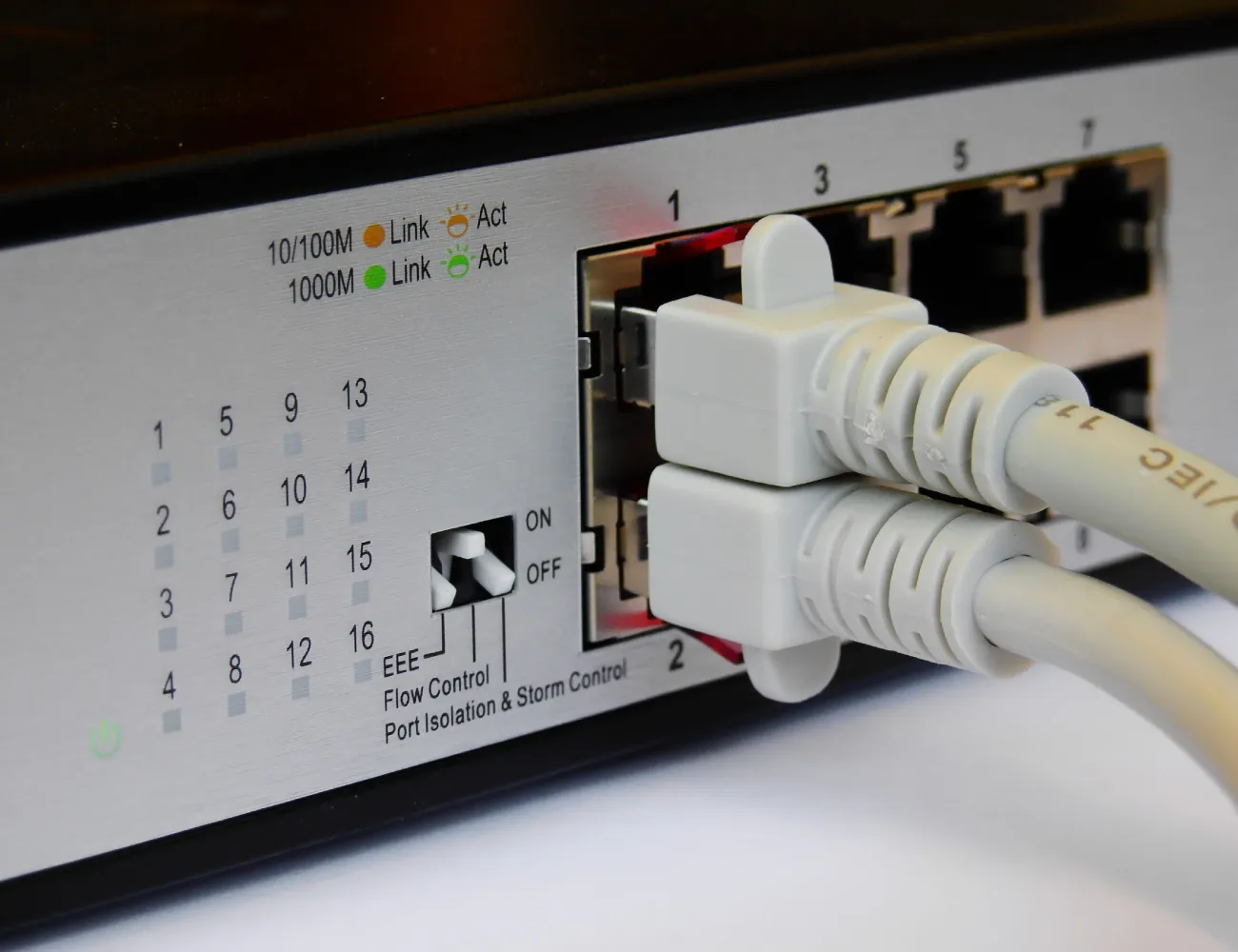1. The Danger of Electrical Work
Electrical work involves complex systems that, if handled improperly, can result in serious injuries or even fatalities. According to the National Fire Protection Association (NFPA), electrical malfunctions are a leading cause of house fires. Electrical shocks, fires, and electrocution are very real risks when working with electricity, especially if you’re not trained in safety protocols. What may seem like a small wiring project can quickly escalate into a dangerous situation if the right precautions aren’t taken.
Even if an electrical shock doesn’t cause immediate harm, it can lead to long-term damage, such as burns or nerve damage. Faulty wiring or improper installations may go unnoticed at first but could result in electrical fires down the road. Licensed electricians are trained to handle these risks safely, using the correct tools and techniques to prevent accidents.
2. Complexity of Electrical Systems
Electrical systems are intricate and interconnected in ways that aren’t always apparent to the untrained eye. What seems like a simple job—such as installing a new light fixture—may require in-depth knowledge of the home’s electrical load, wiring pathways, and circuit breakers. Small mistakes, like mismatched wiring, can lead to overloads or short circuits, potentially damaging your appliances or even causing a fire.
A professional electrician will have the technical expertise to assess and perform any necessary work without compromising the safety or integrity of your home’s electrical system. They also understand local codes and regulations, ensuring that the work is performed legally and up to standard. Failing to meet code can create problems down the line, especially if you plan to sell your home, as any unauthorized work can delay the process or lead to expensive repairs.
3. Legal and Regulatory Concerns
Electrical work is often subject to local, state, and federal regulations, which exist for a reason: to keep homeowners safe. These rules are in place to ensure that all electrical installations and repairs meet safety standards. If you perform electrical work yourself without obtaining the necessary permits or adhering to these regulations, you may face fines or be forced to hire a professional to redo the work at your expense.
Insurance companies are also likely to deny claims related to damage caused by DIY electrical work. For example, if a fire occurs because of faulty wiring that wasn’t installed by a licensed professional, your homeowner’s insurance may not cover the damage. This could result in costly repairs that come directly out of your pocket.
4. The Cost of DIY Gone Wrong
Many homeowners are drawn to DIY electrical work to save money. However, the reality is that mistakes can be far more expensive to fix than hiring a professional in the first place. Electrical work requires specialized tools and knowledge, and improper installations or repairs can lead to significant damage, requiring more extensive repairs or replacements later on.
Moreover, if you make a mistake that causes harm to yourself or your family, the costs could be even higher, both emotionally and financially. A professional electrician, on the other hand, offers the assurance that the job will be done right the first time, preventing unnecessary risks and additional expenses.
5. The Value of Professional Expertise
One of the most significant benefits of hiring a professional electrician is their expertise and experience. Licensed electricians undergo extensive training, both in the classroom and on the job, to ensure they can handle a wide range of electrical issues safely and efficiently. They are familiar with troubleshooting, problem-solving, and installing systems that will last, providing peace of mind for homeowners.
Professional electricians also stay up to date with the latest safety standards, technologies, and techniques. This ensures that any work done in your home is not only up to code but also incorporates the best practices for long-term safety and efficiency.

0 Comments